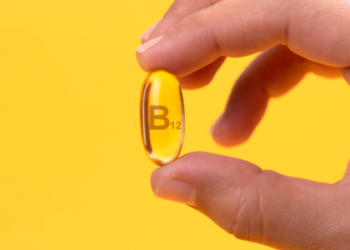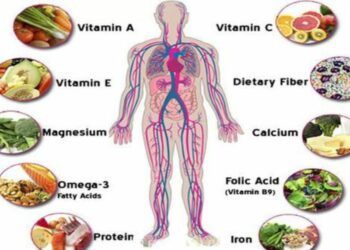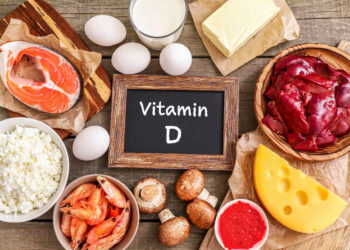
As a horse owner, you always want to ensure that your equine companion is in good health and performing at their best. One way to achieve this is by providing a balanced diet that meets all their nutritional needs, including essential vitamins and minerals. Vitamin E is a vital nutrient for horses, and elevating its intake in their diet can have numerous benefits for their health and performance. In this article, we will explore the benefits of elevating vitamin E in a horse’s diet.
What is Vitamin E and Why is it Important for Horses?
Vitamin E is a fat-soluble vitamin that is essential for the proper functioning of the horse’s body. It is a powerful antioxidant that protects the cells from damage caused by free radicals. Horses cannot produce vitamin E on their own, so they must obtain it from their diet. Vitamin E plays a crucial role in maintaining the health and integrity of cell membranes, muscles, nerves, and the immune system. Deficiency of vitamin E in horses can lead to various health issues, including muscle weakness, poor immune function, and reproductive problems.
Improved Muscle Health and Function
One of the significant benefits of elevating vitamin E in a horse’s diet is improved muscle health and function. Vitamin E helps to protect muscle cells from oxidative damage, which can occur during exercise and other physical activities. This protection can help to reduce muscle damage, inflammation, and soreness, leading to faster recovery and improved performance. Studies have shown that horses with higher vitamin E levels in their diet have better muscle function and endurance than those with lower levels.
Enhanced Immune System Function
Vitamin E also plays a crucial role in maintaining a healthy immune system in horses. It helps to strengthen the immune system by enhancing the production and function of white blood cells that fight off infections and diseases. Elevating vitamin E in a horse’s diet can help to improve their resistance to infections, reduce the risk of illness, and promote faster healing from injuries or illnesses.
Reduced Risk of Neurological Disorders
Another benefit of elevating vitamin E in a horse’s diet is a reduced risk of neurological disorders. Vitamin E is essential for the proper functioning of the nervous system, and deficiency can lead to various neurological problems, including equine motor neuron disease (EMND) and equine degenerative myeloencephalopathy (EDM). Studies have shown that horses with higher levels of vitamin E in their diet have a lower risk of developing these neurological disorders.
Improved Reproductive Function
Vitamin E is also essential for maintaining healthy reproductive function in horses. It plays a crucial role in the development of healthy fetuses and can help to improve fertility in mares. Studies have shown that elevating vitamin E in a mare’s diet can help to increase the quality and quantity of their milk, leading to healthier foals.
Conclusion
In conclusion, elevating vitamin E in a horse’s diet can have numerous benefits for their health and performance. It can help to improve muscle health and function, enhance immune system function, reduce the risk of neurological disorders, and improve reproductive function. It is essential to ensure that your horse’s diet is balanced and meets all their nutritional needs, including vitamin E. Consult with your veterinarian or equine nutritionist to determine the appropriate vitamin E supplementation for your horse.






